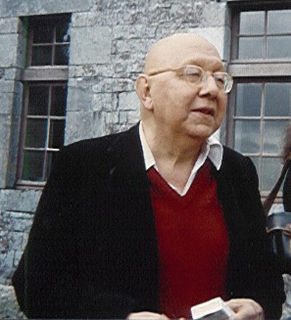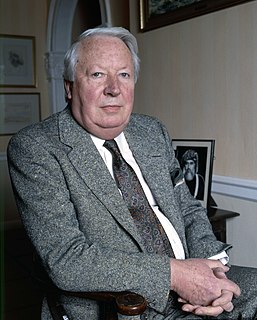A Quote by Aung San Suu Kyi
For me, 'revolution' simply means radical change.
Quote Topics
Related Quotes
The term revolution means: a sudden, radical, and complete change from the way things are normally done. I love that definition because I really feel that in order for us to start walking in the kind of love that Christ commanded us to - the "love your neighbor as yourself" kind - it's going to take a radical change in our current behavior. The church has become passive and selfish and it's going to take a revolution to get us back to the place where we are not just talking the talk, but walking in a love that shows the world Christ's love.
First, what is a revolution? Sometimes I'm inclined to believe that many of our people are using this word "revolution" loosely, without taking careful consideration [of] what this word actually means, and what its historic characteristics are. When you study the historic nature of revolutions, the motive of a revolution, the objective of a revolution, and the result of a revolution, and the methods used in a revolution, you may change words. You may devise another program. You may change your goal and you may change your mind.
But what do we mean by the American Revolution? Do we mean the American war? The Revolution was effected before the war commenced. The Revolution was in the minds and hearts of the people; a change in their religious sentiments, of their duties and obligations ... This radical change in the principles, opinions, sentiments, and affections of the people was the real American Revolution.
I am against war, against violence, against violent revolution, for peaceful settlement of differences, for nonviolent but nevertheless radical changes. Change is needed, and violence will not really change anything: at most it will only transfer power from one set of bull-headed authorities to another.
A revolution is bloody. Revolution is hostile. Revolution knows no compromise. Revolution overturns and destroys everything that gets in its way. And you, sitting around here like a knot on the wall, saying, “I’m going to love these folks no matter how much they hate me.” No, you need a revolution. Whoever heard of a revolution where they lock arms, as Reverend Cleage was pointing out beautifully, singing “We Shall Overcome”? Just tell me. You don’t do that in a revolution. You don’t do any singing; you’re too busy swinging.
I'm against ObamaCare, which is imposing radical change, and I would be against a conservative imposing radical change.... I don't think right-wing social engineering is any more desirable than left-wing social engineering... I don't think imposing radical change from the right or the left is a very good way for a free society to operate.
I was lucky enough to build on the work of a number of people who had already run laps around this theory-building track. The original classification scheme, years ago, distinguished radical from incremental change. The theory said that established firms managed incremental change well, but would be expected to founder when their industry encountered a radical change.


































